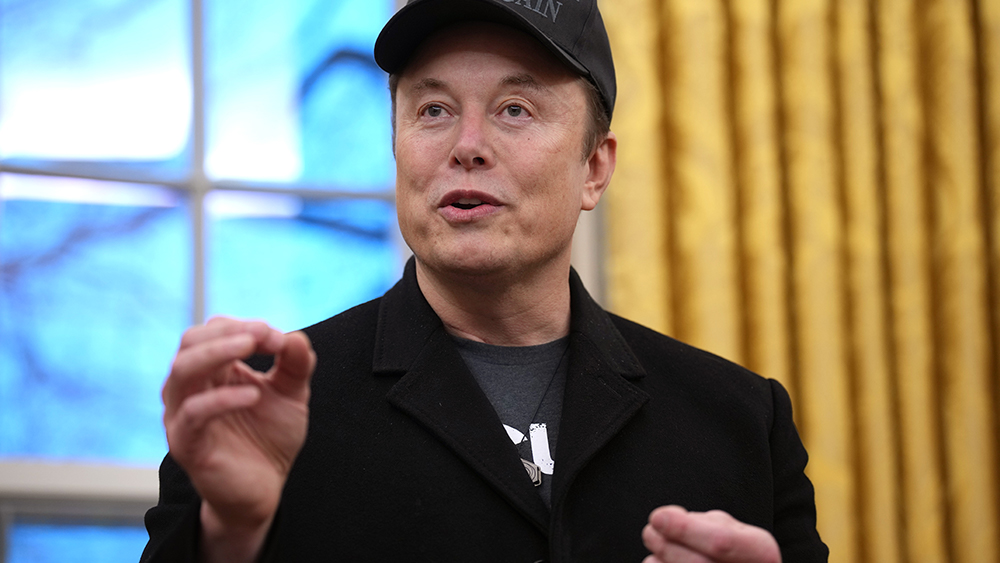Murray N. Rothbard's "Power and Market" explores the fundamental principles of free markets
- In "Power and Market," Murray N. Rothbard argues that state interference in the economy is inherently harmful, distorting markets, violating property rights and undermining voluntary exchange – the foundation of a free society.
- He asserts that individuals have an absolute right to their person and justly acquired resources, forming the basis of free-market capitalism. Market dynamics must be analyzed through this lens of property rights.
- Rothbard challenges the idea that government must enforce market freedom, proposing privatized defense, dispute resolution and legal systems (e.g., historical merchant law) as viable alternatives to coercive state monopolies.
- Price controls, minimum wages, prohibitions and monopolistic grants (e.g., licenses, patents) create inefficiencies—shortages, unemployment, black markets—while antitrust laws stifle competition. True monopolies arise only from state privilege.
- All taxation is inherently non-neutral and exploitative, unable to replicate voluntary market exchanges. Even "ideal" tax systems (e.g., single tax on land) fail, reinforcing Rothbard's case for a stateless society.
Murray N. Rothbard's "
Power and Market: Government and the Economy" presents a bold and uncompromising critique of government intervention in economic affairs.
Rothbard challenges the conventional belief that the state is necessary or beneficial, arguing instead that it is inherently harmful to civil society. His work explores the fundamental principles of free markets, property rights and the distortions caused by state interference, offering a radical vision of a society where voluntary exchange replaces coercive governance.
At the core of Rothbard's argument is the idea that free exchange is fundamentally about property rights. He asserts that in a truly free society, individuals have an absolute right to their own person and to the resources they transform through labor.
This forms the basis of free-market capitalism, where economists must first understand property rights before analyzing market dynamics. Rothbard contends that aggression against persons or property would not exist in such a society, either due to voluntary restraint or effective market-based defensive mechanisms.
However, he identifies a paradox in mainstream economic thought. While economists advocate for free markets, they often assume that government must enforce market freedom. Rothbard dismantles this contradiction, proposing instead that defense services – traditionally seen as the state’s domain – could be supplied by the free market.
He argues that the state's revenue is inherently coercive, whereas market-based defense would operate through voluntary transactions. Rothbard anticipates objections, such as the claim that defense is a "collective good" requiring state provision, and counters them by illustrating how private defense agencies, insurance companies and competitive judiciaries could function without centralized authority. He cites historical examples like merchant and admiralty law to show that decentralized legal systems have successfully resolved disputes in the past.
Rothbard also critiques the notion that state intervention is justified by majority consent. He argues that majority rule does not eliminate coercion, as individuals never have the opportunity to reject the state system itself. Instead, he contrasts the harmony of voluntary market exchanges with the conflict inherent in state intervention, where taxation creates antagonistic classes of taxpayers and tax-consumers.
Beyond defense, Rothbard examines the broader consequences of government intervention in the economy. He highlights how price controls – whether maximum or minimum – lead to shortages, surpluses and black markets. Minimum wage laws, for instance, create involuntary unemployment by preventing workers from selling labor at market rates. Similarly, prohibitions on certain goods harm both consumers and producers, fostering black markets and granting monopolistic privileges to illicit suppliers.
Rothbard extends his analysis to monopolistic grants such as licenses, tariffs and patents, which distort markets and benefit privileged entities at the expense of consumers. He even challenges antitrust laws, arguing that they hinder efficiency and innovation while falsely labeling competitive practices as monopolistic. The only true monopoly, he asserts, is one granted by government privilege.
In his critique of taxation, Rothbard rejects the possibility of a neutral tax system. He evaluates principles like ability-to-pay and benefit taxation, finding them flawed because taxation itself is coercive and cannot replicate the voluntary nature of market exchanges. Even Henry George's single tax on ground rent, he argues, would fail to achieve efficiency and would instead introduce new distortions.
Ultimately, "Power and Market" is a provocative and systematic dismantling of state intervention. Rothbard’s work forces readers to reconsider
the necessity of government and to envision a society where free markets provide not just economic goods but also essential services like defense and justice. By exposing the contradictions and inefficiencies of state action, Rothbard makes a compelling case for radical decentralization and voluntary cooperation as the foundation of a truly free and prosperous society.
Watch this video about Murray N. Rothbard's book "
Power and Market: Government and the Economy."
This video is from the
BrightLearn channel on Brighteon.com.
Sources include:
Brighteon.ai
Brighteon.com









